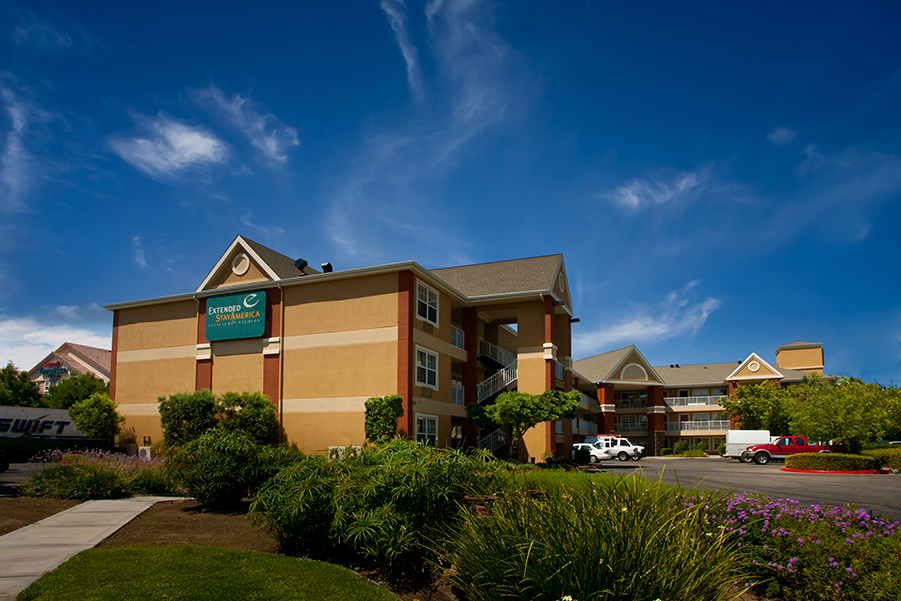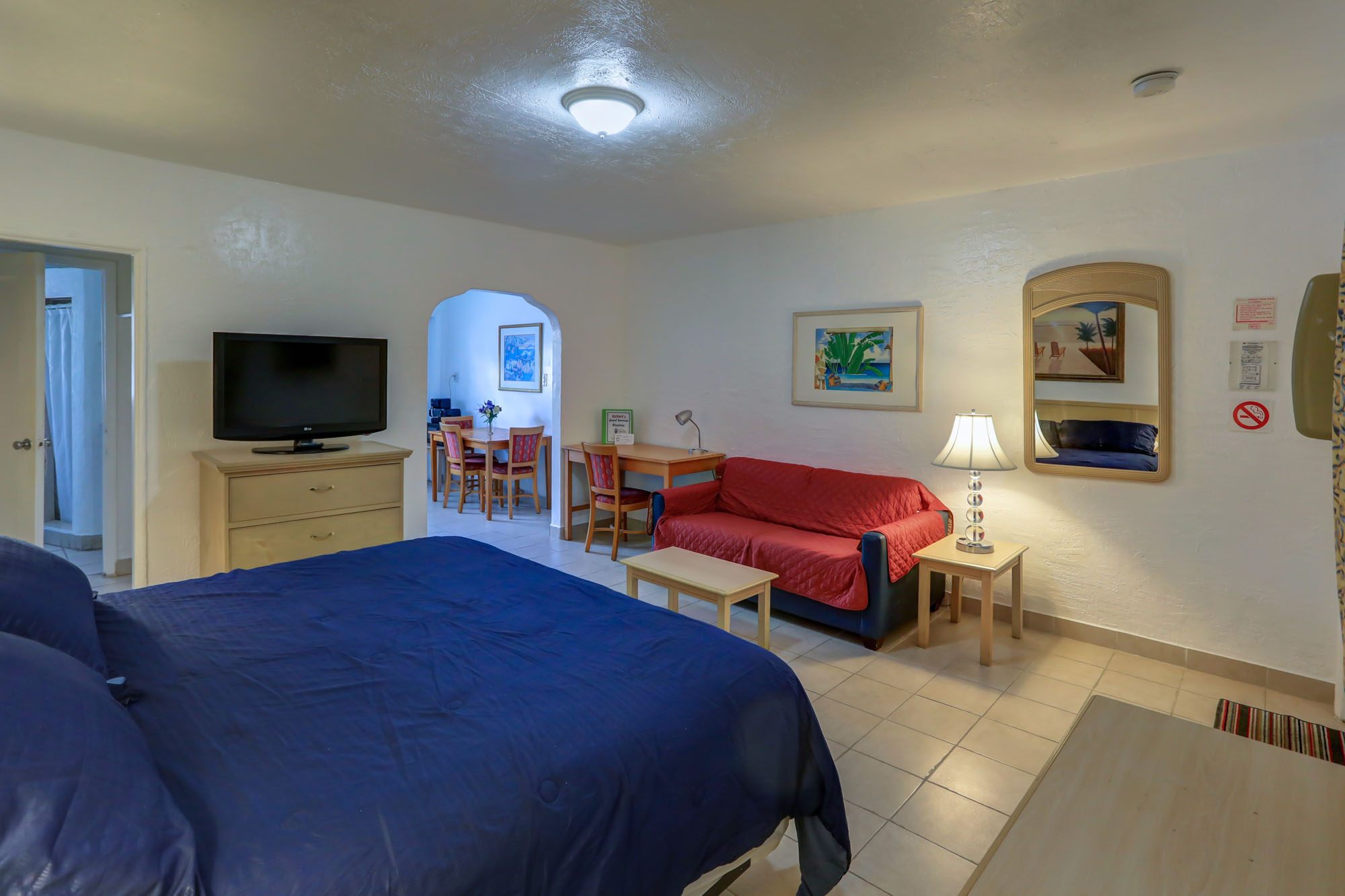
Therefore, charge the CC (or take cash) and note the folio of the amount refund upon departure.ĥ. Because CC authorizations expire after 5 to 7 business days, they are ineffective for true extended stays. You’ll then be able to search for DNR guests upon check-in.Ĥ. Start tagging bad guests with a “DNR” note upon checkout. Adjust your revenue management yields to factor in the average length of stay for various intervals, and then apply a reduction to future day of arrival allotments.ģ. Change your system to allow stop gaps for the state and local tax cycles.Ģ. The right PMS will have extensive theft mitigation measures in place.įor managers operating a true extended stay hotel using a traditional hotel PMS, here are some changes you can make.ġ. Regarding loss: While traditional hotels suffer heavier credit card merchant fees and/or chargebacks, true extended stays suffer from increased theft of cash. Since cash (hard currency, check or money orders) is the leading form of payment coming in at more than 70% used by most true extended stay guests, here again, the PMS must be equipped to handle this form of payment at every turn, including but not limited to room rent, incidentals, deposits and loss prevention (theft). What then? The PMS needs to have the built-in functionality to easily accept non-credit card prepayments for security deposits - bringing us to the final point: cash payments.

However, for true extended stay hotels, the prevailing form of payment is cash (all forms). Even if they do, the process typically requires a guest’s credit card number to handle what would normally be classified as incidentals. Here again, most traditional PMSs don’t offer these kinds of prepayment features. While most guests conduct themselves in good faith, some do not, and security deposits offer a key offset measure against losing money on bad actors who, say, smoke in a non-smoking room, cause property damage or skip out, leaving an unpaid balance. Some of these infractions are cause for point number four: security deposits. There are several other reasons why guests might be placed on the DNR list. DNR is not a common practice for hotels and is, therefore, not a common feature in traditional PMSs. Should the latter occur routinely, that guest may be flagged and placed on a Do Not Rent (DNR) list - meaning, if they attempt to stay again in the future, the “DNR” flag prevents any new check-ins and/or requires the collection of unpaid balances. Additionally, should guests find themselves in arrears, the property may elect to check them out rather than extend them credit. This likely means that the property will use cash basis accounting rather than GAAP accrual accounting.


Guests who choose true extended stay hotels find themselves in a kind of tenant at will situation, wherein they may remain on the property as long as they like (or up to the legally allowed number of nights) so long as their check-in and extensions are pre-paid.


 0 kommentar(er)
0 kommentar(er)
